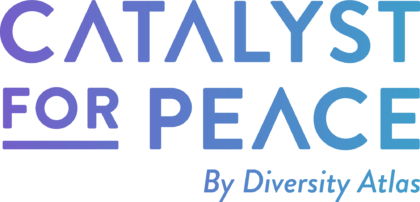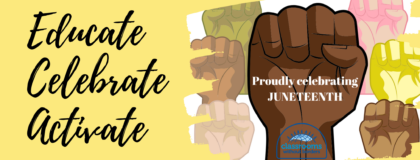Social Empowerment Through Education
The Holocaust: Remembrance, Respect, and Resilience
The Holocaust: Remembrance, Respect, and Resilience Authors:Michael Polgar and Suki John: https://psu.pb.unizin.org/holocaust3rs/ Book Description:International and multidisciplinary authors share a free online textbook for Holocaust educators and students. Chapters consider the […]
Read MoreTeach the story of Jewish prisoners of the Nazis who used music to defy their oppressors, find courage and sustain hope. How and why did a group of Jews in Terezín Ghetto learn to sing Giuseppe […]
Read MoreThis Chanukah, Choose Justice Chanukah starts this weekend, and the AJWS team is ready! Our favorite part is lighting the candles — and those special moments afterward when we watch […]
Read MoreWhy Teach this Book? A Letter to Educators from the Author Dear Teacher, Thank you for bringing What the Fact?! into your classroom. I hope the book activates and energizes your teaching […]
Read MoreIn 1996, the UN General Assembly adopted Resolution 51/95 proclaiming 16 November as International Day for Tolerance. This action followed the adoption of a Declaration of Principles on Tolerance by […]
Read MoreConnecting & Counting Communities Catalyst for Peace is a project that seeks to make sure audiences and communities are recognised, represented and respected by the cultural centres they visit. Everybody Counts. […]
Read MoreHow to Address Trauma Related to Curriculum Violence
What Is Curriculum Violence?
Curriculum violence refers to the subjective curricular choices around lesson planning or learning experiences that cause a student psychological harm, intellectually and/or emotionally. These educational interactions can exacerbate historical or institutional trauma, particularly for historically oppressed and marginalized groups such as people of color, women, people of varying faith, members of the LGBTQ community, people with disabilities, dual-language learners and people from immigrant populations.
Described as a second independence day, June 19th or Juneteenth marks the day that emancipation reached slaves in the furthest reaches of the South. While the Emancipation Proclamation proclaimed that […]
Read MoreEditor’s note: Since the publication of this article, Juneteenth was declared a federal national holiday in 2021.
Each year around June 19, Black communities across the country unite for a family reunion of sorts. Juneteenth activities feature the sights and sounds of Blackness: People enjoying art, music and food that connect them to a shared ancestry and history. They celebrate being their authentic selves. They celebrate freedom in both solemn and festive ceremonies.
This celebration marks a day in 1865 when enslaved Texans learned they’d be free—two months after Robert E. Lee surrendered and ended the Civil War and two and a half years after President Abraham Lincoln issued the Emancipation Proclamation. Initially a uniquely Texan observance, Juneteenth has now been recognized in some form in every corner of the country.
Read MoreTeaching Resources about Gun Violence from National Council for the Social Studies
Teaching resource and background articles on teaching about gun violence from NCSS, members, colleagues, and news outlets: NOTE: National Council for the Social Studies (NCSS), is providing these resources for […]
Read More- « Previous
- 1
- 2
- 3
- Next »










